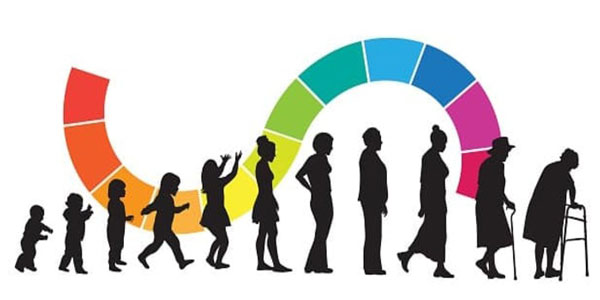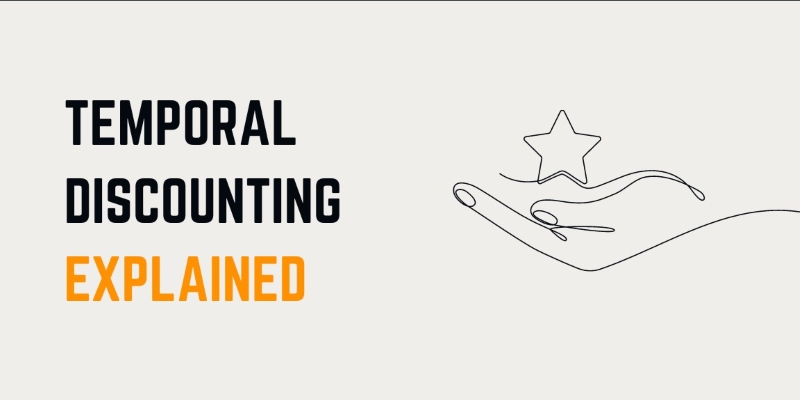Client Explanations on Soaring Interest Rates and Real Estate
Oct 14, 2023 By Susan Kelly
Average monthly mortgage interest rates increase as government-backed and private lenders compete for homebuyers' business in a dynamic free market.
The average interest rate on 30-year fixed mortgages has been around historic lows since 2013, thanks to stabilized home prices, stricter credit rules, and a shrinking glut of unsold homes; however, rates have begun to climb in 2022 but are still at historically low levels.
The rising interest rate on a mortgage is nothing to panic about, and those in the property market will feel better once they learn more about it. Rising mortgage rates affect every element of the home-buying process, making familiarity with them essential for anybody involved in the housing market.
The Housing Market and Soaring Interest Rates

If you're in the real estate market, you probably know that a decrease in interest rates may make purchasing or selling a property more appealing, while increasing rates might make the process more challenging.
If John Doe wants a 30-year fixed mortgage at 4% interest on a property that costs $400,000, his monthly payment will be $1,900. With a 5% interest rate and a 30-year loan term, Johnny would pay $2,138 every month.
Rising mortgage rates make purchasing a home more expensive. Johnny Home Buyer wants a mortgage for $400,000 at 4% interest, but he can only get approved for a loan of $355,000 at 5% interest because of his credit score.
Sellers and Rising Rates

Any reasonable asking price is acceptable, so if Jill wants to sell her house for $400,000, that's what she should ask. Rising interest rates make Jill's asking price of $355,000 unaffordable to most potential purchasers.
Though she may still earn a profit, Jill's home's market value will drop by nearly $45,000 if mortgage rates rise by only 1%. How skillfully she plays, the market will determine her earnings. Fundamentally, a sharp increase in interest rates would stop the housing market.
Rising Rates and Home Prices
An increase in interest rates has a considerable impact on the market. Evidence from hypothetical cases shows a strong relationship between property value, housing prices, and mortgage rates; nonetheless, the fundamental factor in both data sets is the economy's state.
Rising mortgage rates may impact house prices and values less if economic growth is robust. If mortgage rates increase by one percentage point, the monthly payment will rise by $238.
Property Investment and Soaring Interest Rates
Increasing mortgage rates may have a beneficial influence on the real estate market. As a result, there will be more demand in the rental market as the number of people who can afford to buy a home decreases.
Additionally, as interest rates increase, lending conditions tighten, leading to a decrease in real estate transactions. As a result, there will be a greater need for temporary housing, such as apartments, until prospective homeowners can save enough for a home loan.
Should You Invest or Dispose of?
There is no need to delay purchasing a house because mortgage interest rates are increasing. To put a mortgage rate of 5% in historical context, it is still relatively low. According to the information given by mortgage provider Freddie Mac, a 30-year fixed-rate mortgage taken out now is still significantly less expensive than similar loans taken out in the past.
Since 2009, the average yearly 30-year fixed mortgage rate has not exceeded 5%. The average mortgage rate was 6.41 percent in the year that the Great Recession began, 2006.
Will Higher Interest Rates Benefit Mortgage Lenders?
A rise in interest rates is good news for mortgage lenders. Higher interest rates mean more money in the hands of mortgage lenders and banks. The bank's income rises as a result. Conversely, mortgage lenders might suffer from a lack of business if interest rates are too high and the demand for mortgages plummets.
Which Is More Beneficial, Lower Closing Costs or Interest?
It will come down to arithmetic and math to decide if having lower closing expenses or a lower interest rate is preferable. The optimal choice is the one that reduces the entire cost of buying a house. If you don't refinance, you'll be stuck with that interest rate for a long time, so ideally, it's cheap.
The Verdict
Buyers should be sure that interest rates will likely continue at record lows and that the current market represents some of the most affordable financing options available. Finding the perfect mortgage relies heavily on getting sound guidance from a real estate specialist who has extensive personal real estate holdings and has handled countless real estate transactions for others.

Ways to Calculate the Inventory Turnover Ratio

Nelnet Student Loan Servicing

What is an ITIN?

What Is a Catastrophe Insurance?

Things You Should Know About Early 401(k) Withdrawals

Do You Know: What Is a Qualifying Life Event?

Which Mortgage Type Should I Choose?

Why We Often Choose Now Over Later: A Look at Temporal Discounting

Roth and Traditional IRA Contribution Limits

